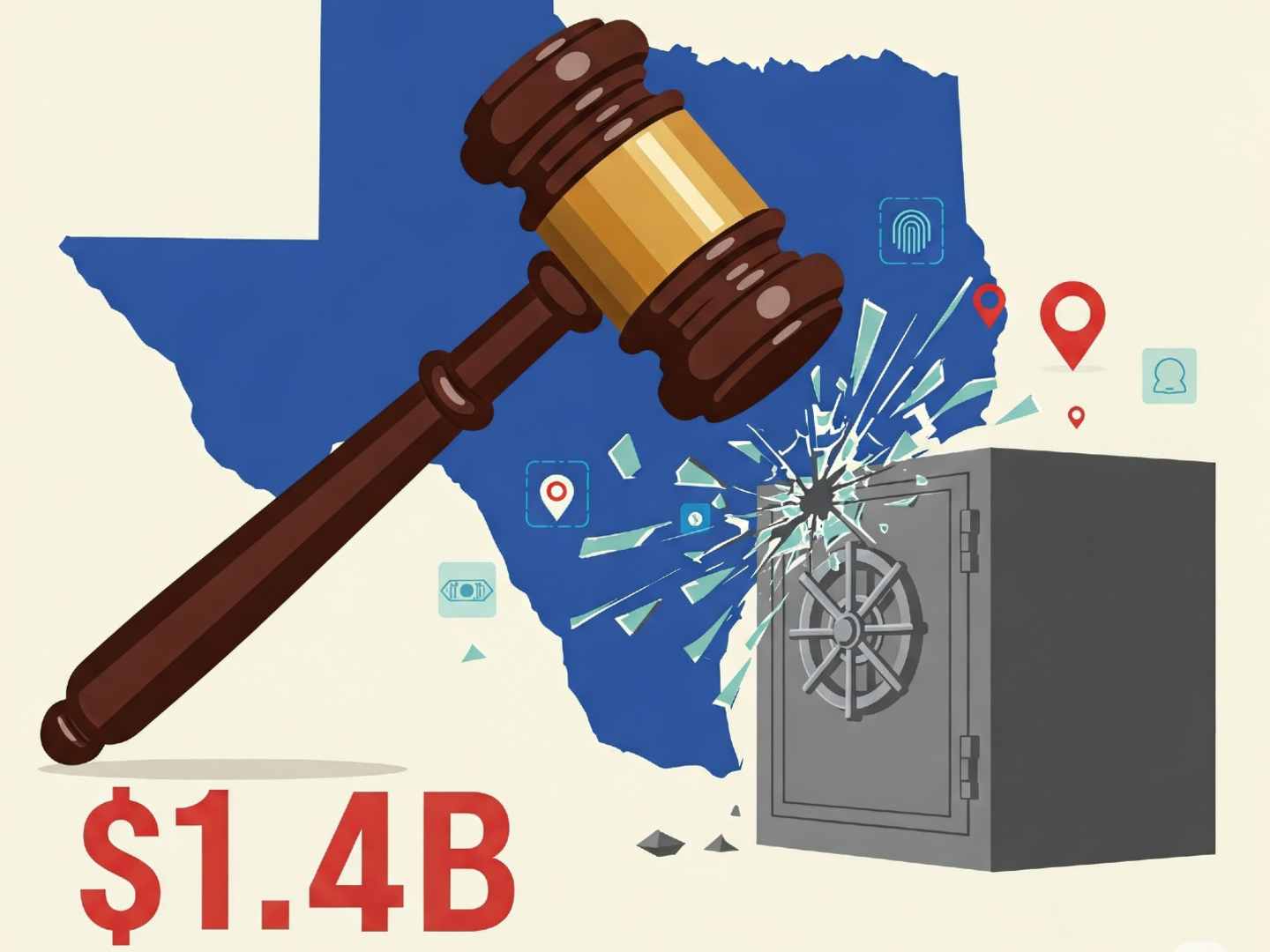Texas Scores Massive $1.4 Billion Settlement From Google Over Privacy Violations
Google is shelling out almost $1.4 billion to Texas to resolve allegations it secretly tracked users' locations and improperly collected biometric data, including facial recognition information. The settlement ends two lawsuits accusing the tech giant of violating user privacy on a massive scale.

Google has agreed to a massive settlement, nearly $1.4 billion, to resolve two lawsuits. The lawsuits accused the tech giant of some serious privacy violations – specifically, tracking users' locations and holding onto facial recognition data without getting their okay.
This $1.375 billion payout isn't just pocket change. It's significantly larger than settlements Google has reached with other states over similar issues. For context, back in November 2022, they paid $391 million to a coalition of 40 states. Then, in January 2023, Indiana and Washington got $29.5 million. And last September, California snagged another $93 million.
So, what was Texas so upset about? The original case, filed in 2022, focused on how Google was allegedly tracking and collecting user data. This included things like geolocation, data from incognito searches, and even biometric data. The state argued Google was tracking people even when Location History was turned off and grabbing biometric data without proper consent.
Texas Attorney General Ken Paxton didn't mince words. He stated, "For years, Google secretly tracked people's movements, private searches, and even their voiceprints and facial geometry through their products and services."
He added, "This $1.375 billion settlement is a major win for Texans' privacy and tells companies that they will pay for abusing our trust." Sounds like Texas is sending a strong message.
It's worth noting that Google announced last year that they're planning to store Maps Timeline data locally on users' devices, rather than on their Google accounts. They've also introduced new privacy controls that let users automatically delete location info when Location History is enabled. Are these changes enough?
This settlement is almost as big as the $1.4 billion fine that Meta (Facebook's parent company) had to pay Texas over similar biometric data collection issues. Seems like Texas is really cracking down on tech companies' privacy practices.
And it's all happening while Google is already under intense regulatory pressure on both sides of the Atlantic. They're facing calls to break up their business to address antitrust concerns. You can read more about that here. It's a complex situation, to say the least.




